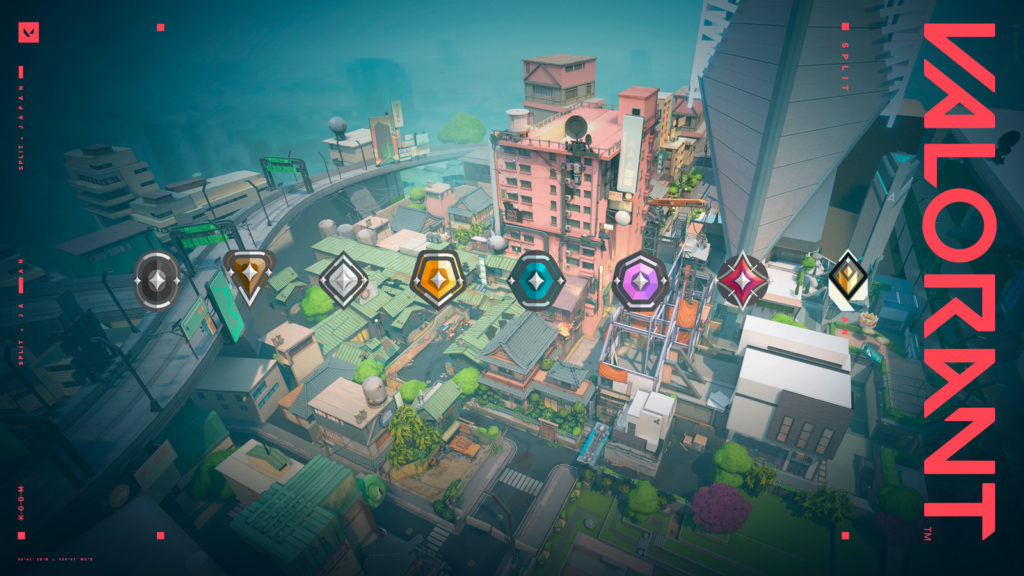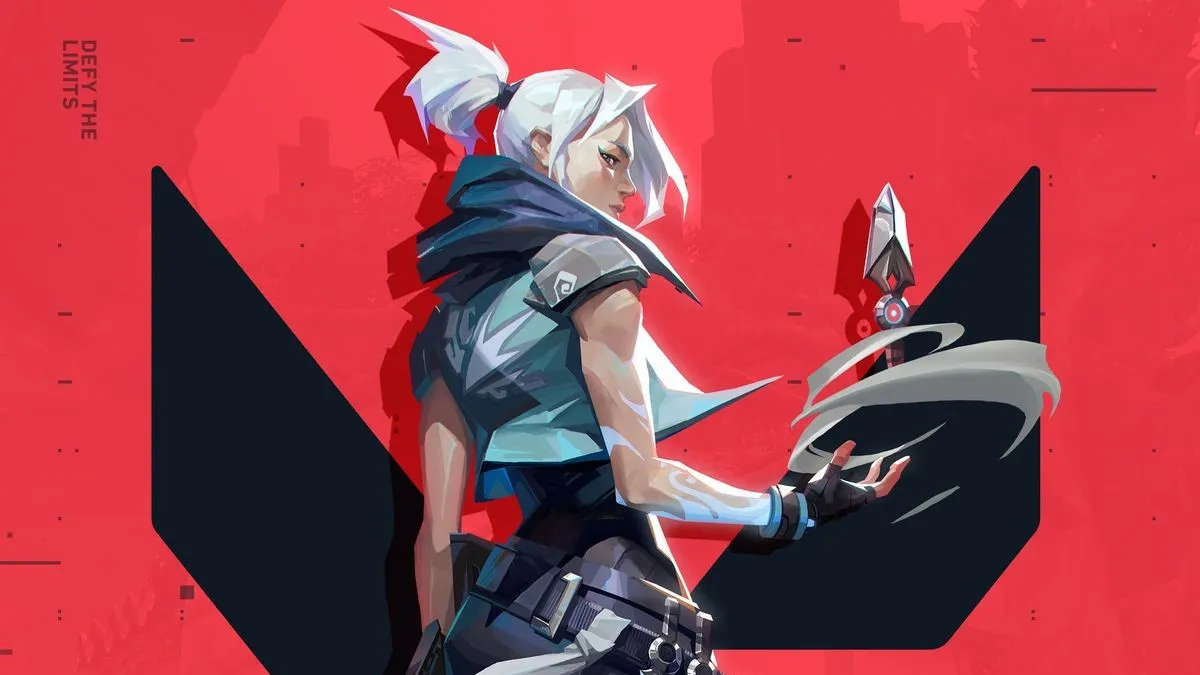Across virtually all competitive and casual multiplayer titles that feature matchmaking, there’s a hidden feature designed to keep matches as fair as possible. MMR, or matchmaking rating, is a rating attached to every player in-game that grades their skillset and allows players to be matched up against similarly-skilled players.
VALORANT is no exception, using MMR as a means to place you on a “giant ladder, consisting of all players,” where wins and losses move you up and down. This is separate from your rank and rank rating, which are a visible representation of your skill rating. MMR can be improved by “outperforming your opponents and winning more consistently.”
While MMR and RR are separate, your MMR has various effects on your rank after competitive matches.
How does MMR affect my VALORANT rank?

When you start a new episode or queue for ranked for the first time, your starting rank is estimated based on what your MMR suggests. Additionally, you’ll be placed on the lower side of this estimated ranked window. The dev team has said that it’s “easier” to start on the lower part of their ranked window and prove you’re worthy of a higher rank, compared to the other way around. When your MMR is higher than your rank, your first wins will result in more rank rating gains than what you would lose after a loss.
Eventually, a win streak or a collection of good games will result in your rank ending up a tad higher than your MMR. If you’ve rapidly ranked up to a rank that is higher than your MMR, then the system will try and correct your rank and push you back down to your intended rank, thus you will lose more rank rating in losses than you would gain by winning.
Once your rank is even with your MMR, your wins and losses will cause you to gain or lose roughly the same amount of rank rating.
What makes up my MMR in VALORANT?
Your total MMR consists of two parts: your encounter MMR and your win-loss MMR. Your encounter MMR takes into account every duel you take, when you assist or connect with an ability, site executes, and everything else you do within a round or match of VALORANT.
The win-loss MMR is simple: win and the MMR goes up, lose and the MMR goes down. The amount of each part of your total MMR after a match ends determines how significant your gains and losses are. Dominant wins where you get lots of kills and assists will earn you much more MMR than a narrow victory where you had little impact.
What other VALORANT modes have MMR?
While it hasn’t been outright confirmed by Riot, many assume that in VALORANT‘s casual mode, there is skill-based matchmaking that places players together based on an MMR that’s separate from the one used in competitive.
This is a common practice in the casual/non-ranked modes for most competitive multiplayer titles. Developers want players to have a good time in casual mode, so they place them in lobbies with similarly skilled players. It’s unclear whether MMR and skill-based matchmaking is used in modes like Deathmatch or Spike Rush.






